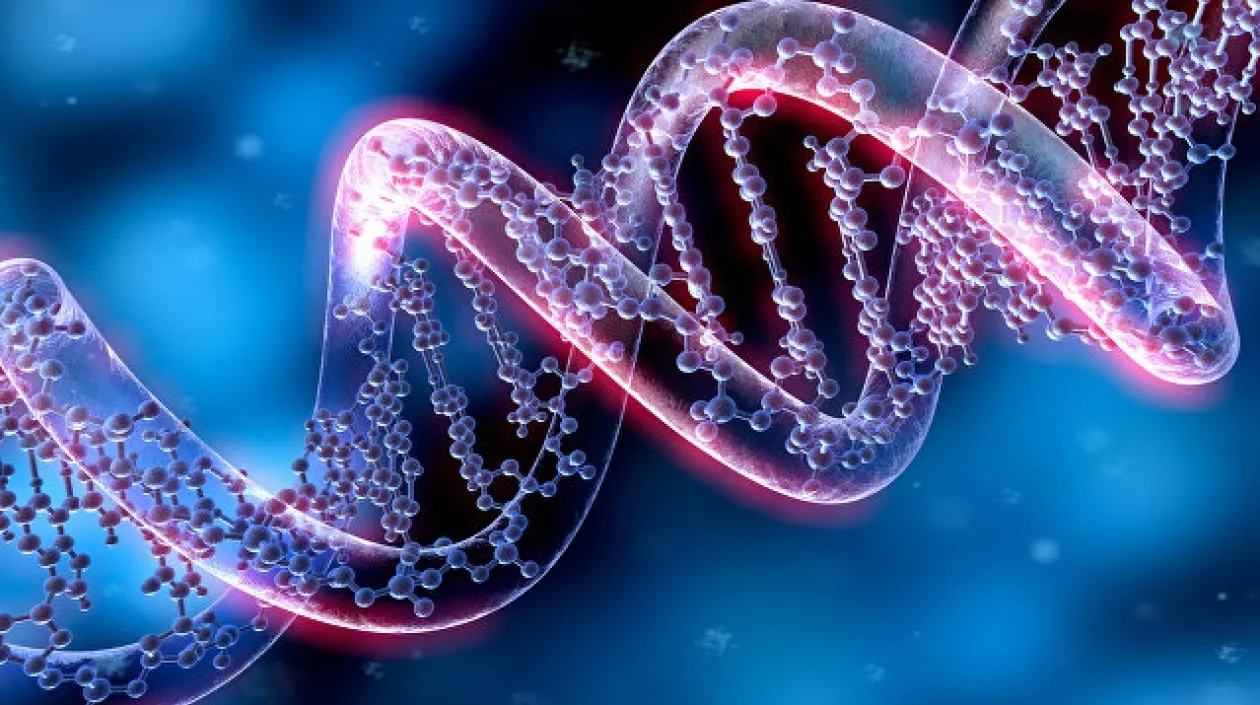A recent study by Harvard University has managed to reverse type 1 diabetes in a mouse model through blood cell infusions treated with gene therapy or pharmacological treatment aimed at restoring the activity of the PD-L1 protein.
Type 1 diabetes is characterized by the presence of high blood glucose levels caused by destruction, by the immune system itself, of the pancreas cells responsible for producing insulin.The absence of insulin leads to glucose, the main energy source of the body's cells, cannot access the interior of the cells and accumulate in the blood.
Recent studies have raised different strategies aimed at protecting pancreatic beta cells from the immune system action.For example, blood stem cell treatment has shown usefulness in some patients to regulate the immune system, despite not working in a generalized way.
Interested in the potential of progenitor cells as a tool to develop therapies against type 1 diabetes, researchers analyzed what genes are expressed in these cells in patients and model mice for the disease.In this way they found that the progenitor cells of patients with type 1 diabetes and mice are deficient in the PD-L1 protein, a molecule that acts as a control point of the immune response and regulates the action of the T lymphocytes that attack thepancreatic beta cells.
The team found that the reduction in PD-L1 expression in patients and model mice is mediated by a microarns network and that when silence one of them is possible to restore PD-L1 levels.Thus, the next step was to determine whether the regulation of PD-L1 could function as type 1 diabetes therapy.
The team genetically modified blood cells of the blood to express PD-L1 at high levels and treated with them model mice for diabetes.Modified cells were parked in the pancreas and reversed the symptoms of diabetes in most mice."There is really remodeling of the immune system when these cells are injected," says Paolo Fiorina, a researcher at Harvard University and Labor Director.
Next, the team evaluated whether the same results could be obtained through a pharmacological treatment.From different experiments, the researchers found that when treating the cells the combination of three agents, beta interferon, gamma interferon and poly (i: c) the expression of PD-L1 and the blood cells of blood was regularThey acquired regulatory properties of the immune response that allowed them to abrogate the autoimmune response.When introduced into model diabetes mice, pharmacologically treated cells also reversed hyperglycemia in mice and also a reduction in proinflammatory cytokine levels.
Similar results were obtained when treating blood cells of blood obtained from human patients with type 1 diabetes with the same combination of agents: PD-L1 expression increased.
The researchers point out that the results of the work are especially relevant in two aspects: on the one hand they identify a route involved in the development of type 1 diabetes and on the other, the defects observed in PD-L1 in hematopoietic stem cells could have a rolepermissive in the generation of T lymphocytes that react to pancreatic cells.
In addition, they open the way to develop immunotherapy against type 1 diabetes, aimed at recovering PD-L1 expression in stem cellshematopoietics.Currently, researchers are collaborating with the Fate Therapeutics company to optimize the cocktail of agents used to regulate PD-L1 and modulate blood stem cells.
Original research: Ben Nasr M, et al.PD-L1 Genetic Overexpression or Pharmacological Restoraction in Hematopoietic Stem and Progenitor Cells Reverses Autoimmune Diabetes.SCI Transl Med. 2017. DOI: Link
Source: A Step Toward Diabetes Immunotherapy. Link


